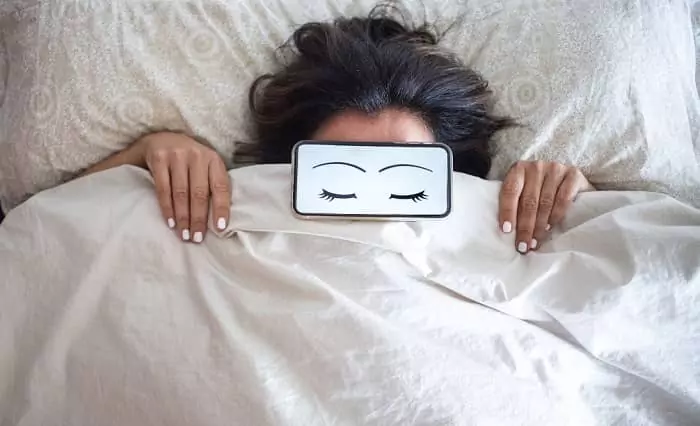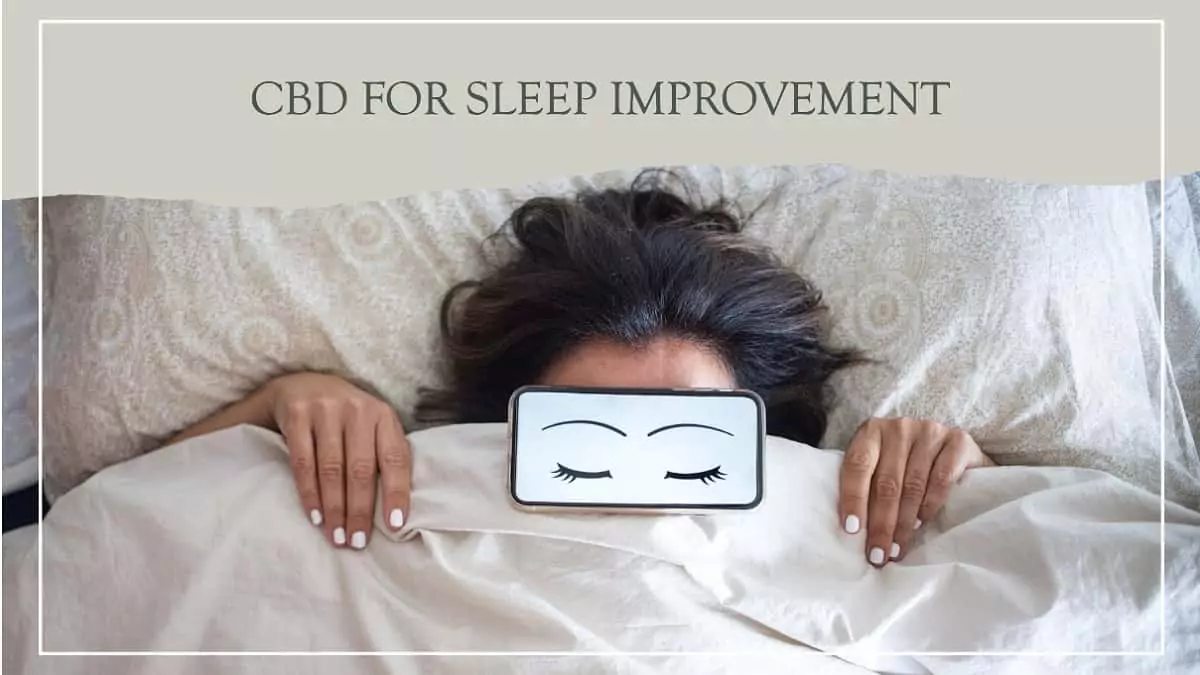CBD for Sleep Improvement: Sleep is essential for our overall health and wellbeing, yet it’s estimated that around 30% of adults in the US suffer from some form of sleep disorder. From insomnia to restless leg syndrome, sleep disorders can have a significant impact on our daily lives, affecting everything from our mood to our ability to concentrate.
While there are many different approaches to improving sleep, one that has gained a lot of attention in recent years is the use of CBD. CBD, short for cannabidiol, is a non-intoxicating compound found in the cannabis plant. While CBD has been used for a variety of purposes, one of its most promising potential benefits is its ability to improve sleep.
Table of Contents
Are you one of the millions of people who struggle to get a good night’s sleep? Have you tried countless remedies, but nothing seems to work? CBD may be the solution you’ve been looking for.
What is CBD, and How Does it Work?
CBD is a type of cannabinoid, which is a class of compounds found in the cannabis plant. Unlike THC, another well-known cannabinoid, CBD does not produce a psychoactive effect, meaning it won’t get you high. Instead, CBD interacts with the body’s endocannabinoid system (ECS), which is a complex network of receptors and signaling molecules that help regulate a wide range of bodily functions, including sleep.
When you consume CBD, it interacts with the endocannabinoid system by binding to receptors in the brain and body. This interaction can have a range of effects on the body, including reducing anxiety and improving mood, which are both factors that can contribute to poor sleep.

The Science Behind CBD and Sleep
CBD for Sleep Improvement: While there is still much to be learned about the relationship between CBD and sleep, early research suggests that CBD may be an effective tool for improving sleep quality and quantity.
For example, one study published in the Journal Current Psychiatry Reports found that CBD may have a calming effect on the nervous system, which could help reduce anxiety and promote sleep. Another study published in the Journal Medicines found that CBD may help improve sleep in people with chronic pain.
How to Use CBD for Sleep Improvement
If you’re interested in using CBD for sleep improvement, there are several things to keep in mind. First, it’s important to talk to your doctor before starting any new supplement, including CBD. They can help you determine whether CBD is a good option for you and what dosage is appropriate.
Once you’ve gotten the green light from your doctor, you can start experimenting with different forms of CBD to see what works best for you. CBD can be consumed in a variety of ways, including:
1. Tinctures:
CBD tinctures are liquid extracts that are typically taken under the tongue. CBD Pure Sleep can be a good option for people who want a fast-acting and easy-to-dose form of CBD.

2. Edibles:
CBD edibles are food products that have been infused with CBD. Twin Elements CBD Gummies can be a fun and tasty way to consume CBD, but keep in mind that they may take longer to take effect than other forms of CBD.

CBD for Sleep Improvement: Conclusion
If you’re struggling with sleep issues, CBD may be a natural and effective solution worth exploring. While more research is needed to fully understand the relationship between CBD and sleep, early studies suggest that it may be an effective tool for improving sleep quality and quantity. It’s important to experiment with different forms of CBD to see what works best for you. With a little patience and experimentation, you may find that CBD is the key to getting the restful and rejuvenating sleep you need.
It’s worth noting that while CBD is generally considered safe and non-addictive, it’s still important to use it responsibly. Always follow the dosage instructions on the product label, and never exceed the recommended amount. It’s also a good idea to start with a lower dose and gradually increase it over time as needed.
In addition to using CBD, there are many other things you can do to improve your sleep, such as creating a relaxing bedtime routine, avoiding caffeine and alcohol before bed, and sleeping in a cool, dark, and quiet environment. By taking a holistic approach to your sleep health, you can give yourself the best possible chance of getting the restorative sleep you need to feel your best.
In conclusion, CBD may be a promising tool for improving sleep, but it’s important to approach it with caution and to use it as part of a larger strategy for improving sleep health. With the guidance and some patience and experimentation, you may find that CBD is just what you need to get the restful and rejuvenating sleep you’ve been dreaming of.


[…] With these ingredients working together, this tincture offers a multi-layered approach to sleep support. […]